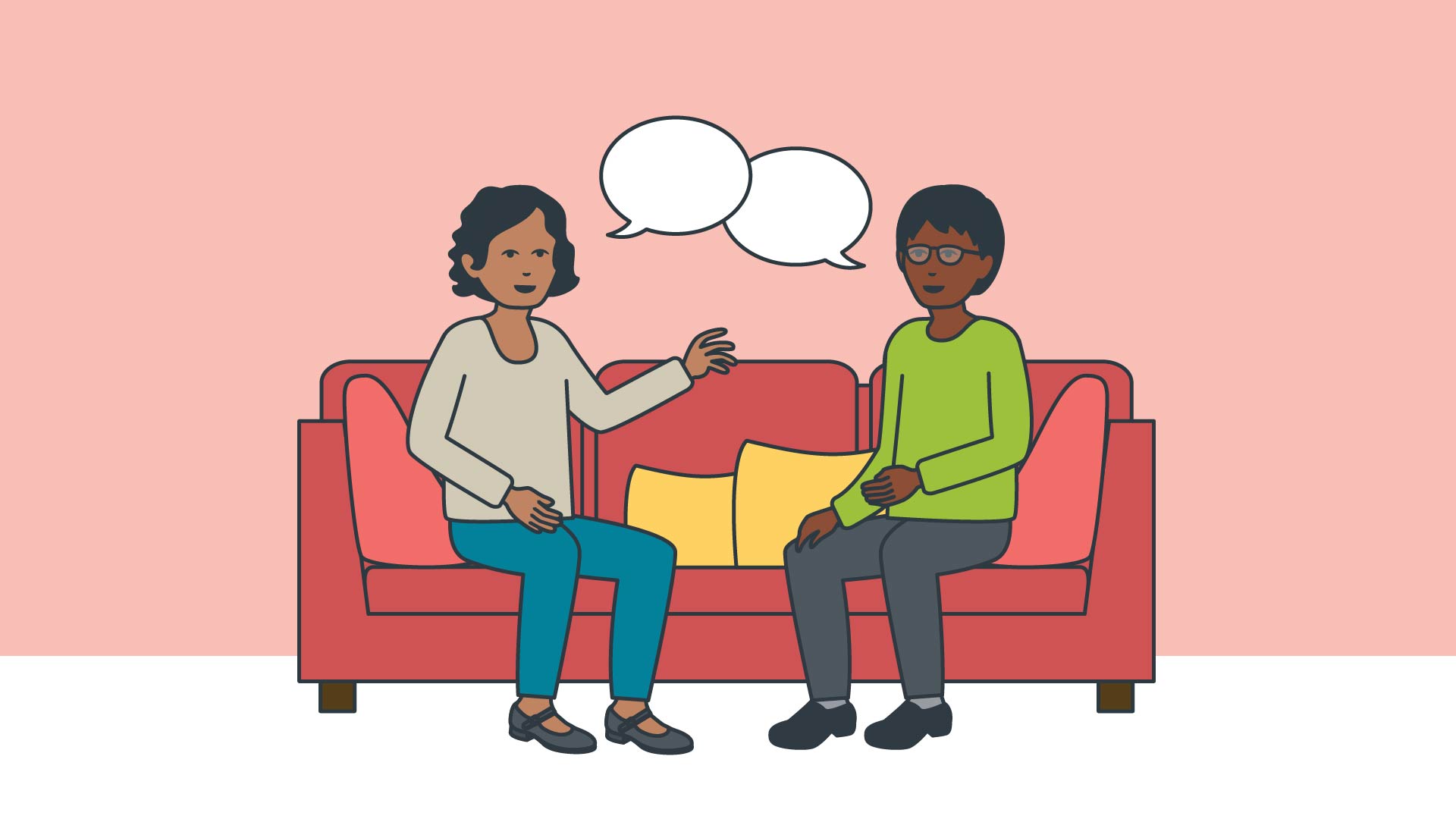You have a right to safer . There are two parts to having safer sex:
1
being emotionally safer
2
being physically safer.

If something does not make you feel happy or good, you have the right to stop or say “no”.
To have physically safer means that you and your partner:
- use condoms, dams, or other barrier methods correctly
- use
- do not pass on any sexually transmissible infections (STIs) to each other when you have sex.
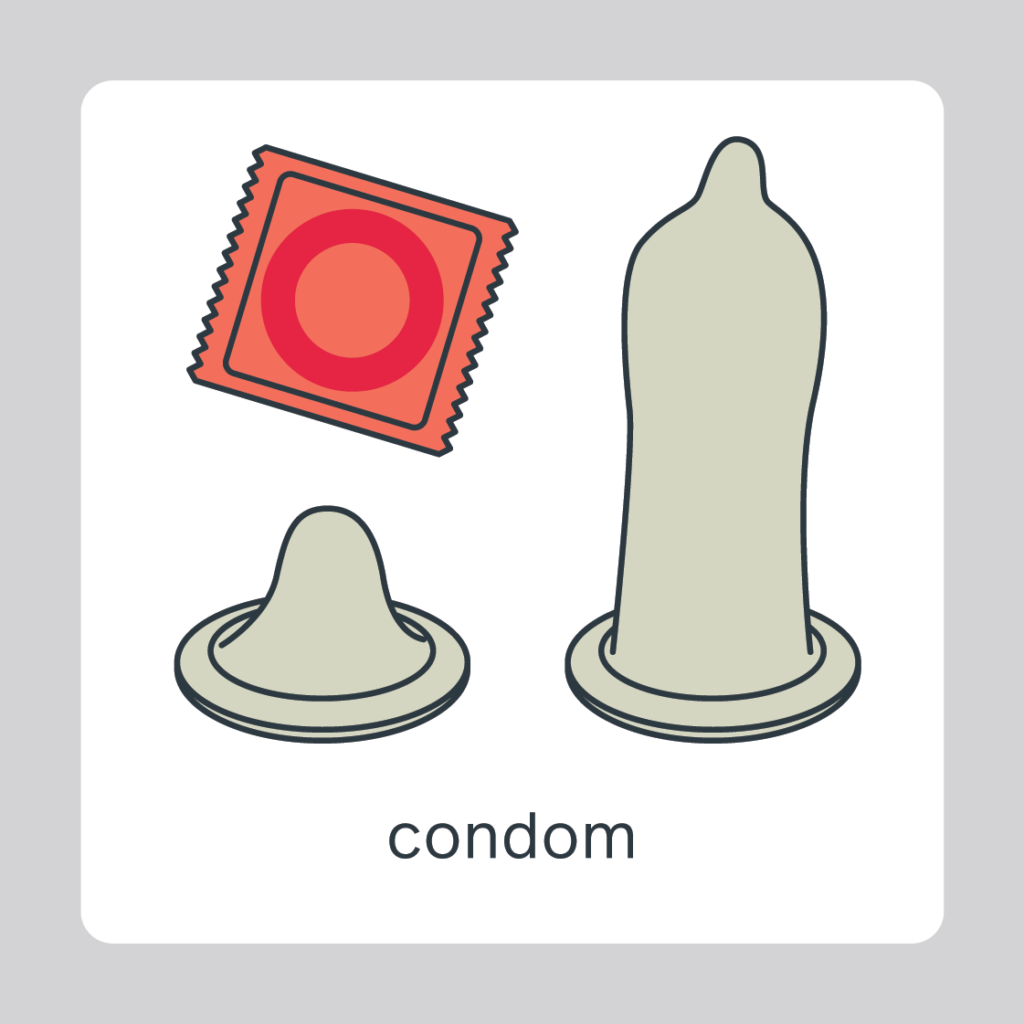
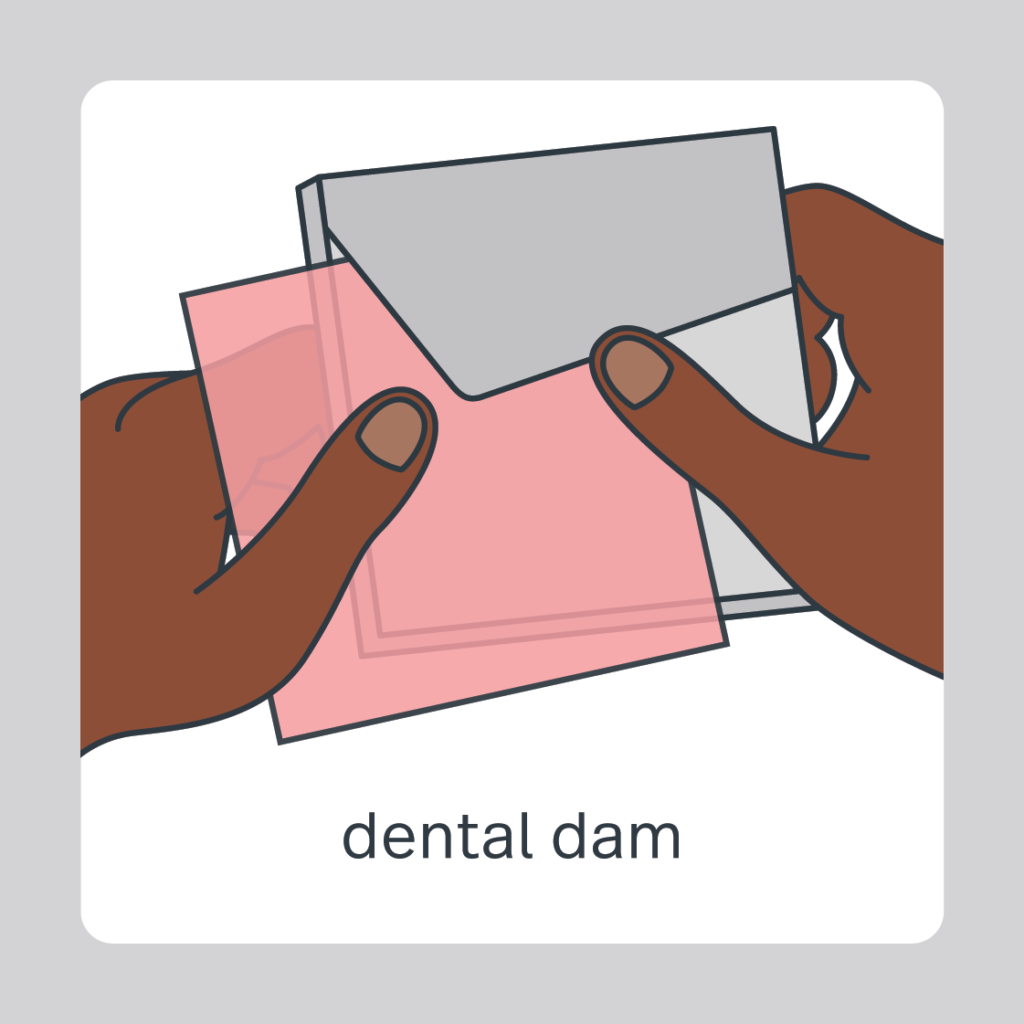
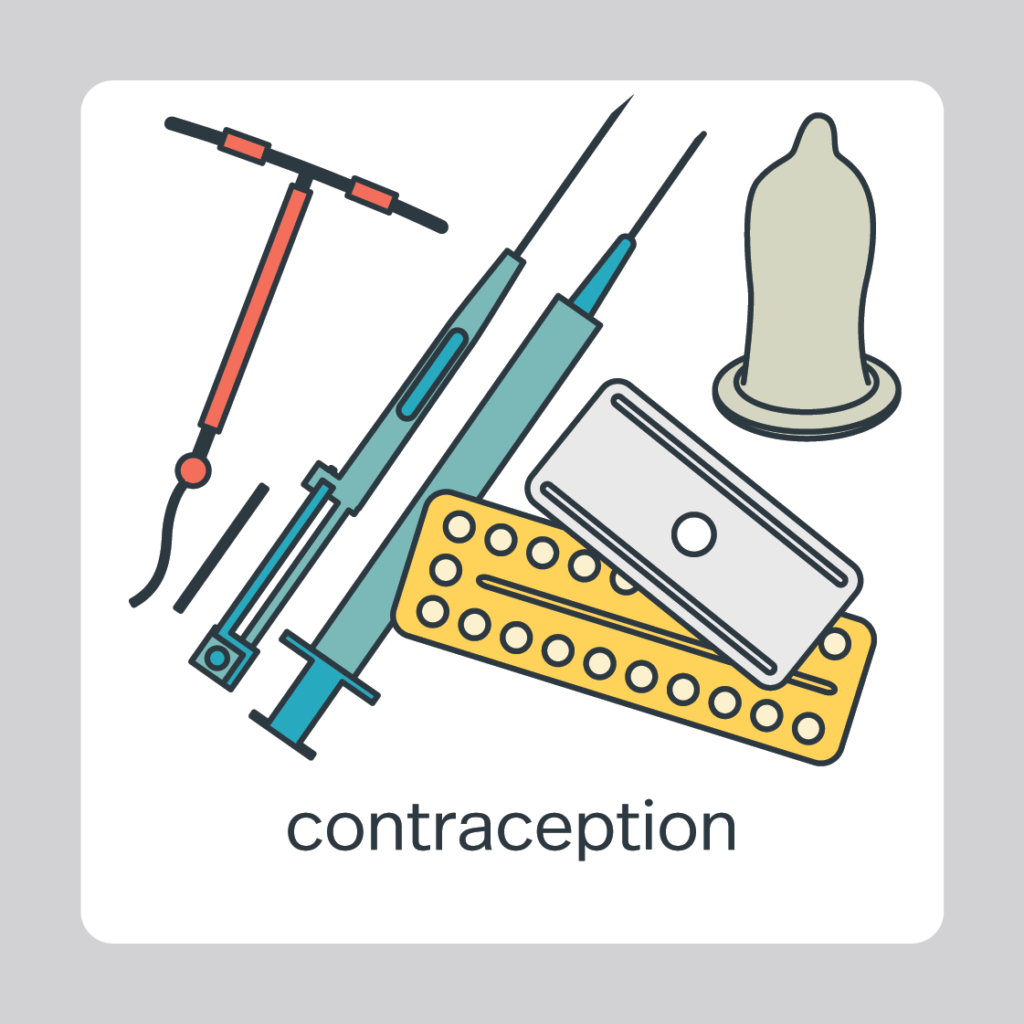
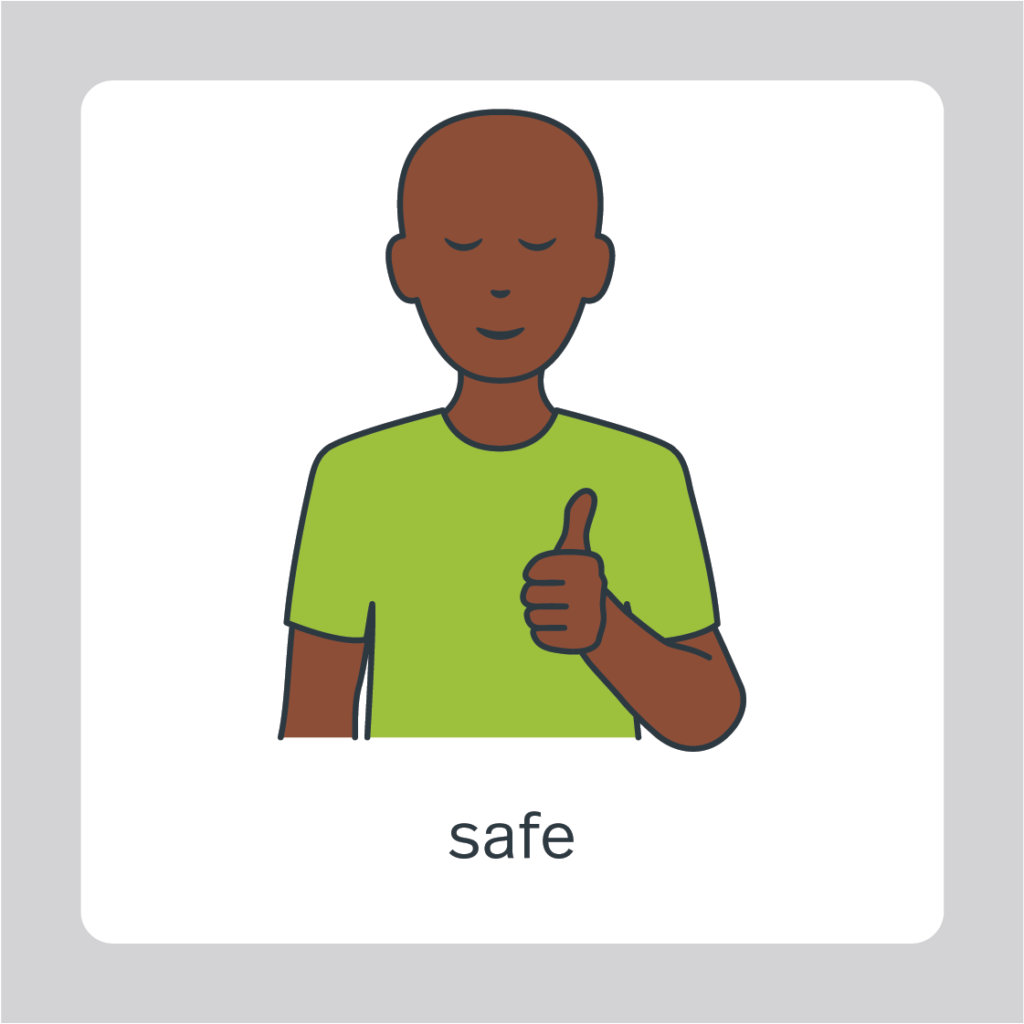

You cannot always see or feel if you have an STI. The only way to know for sure is to have a sexual health test with a doctor or other health professional.
STIs
One person has to have an STI to pass it on to someone else.
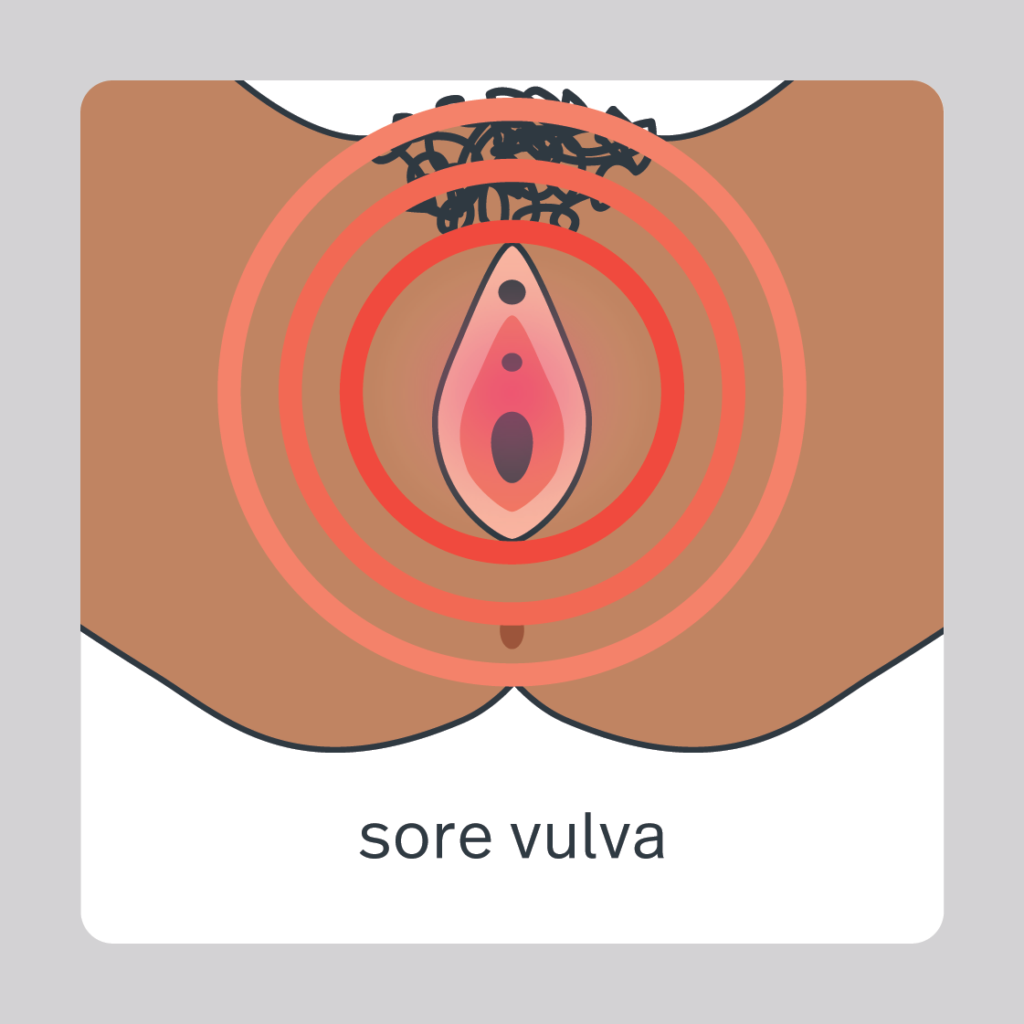

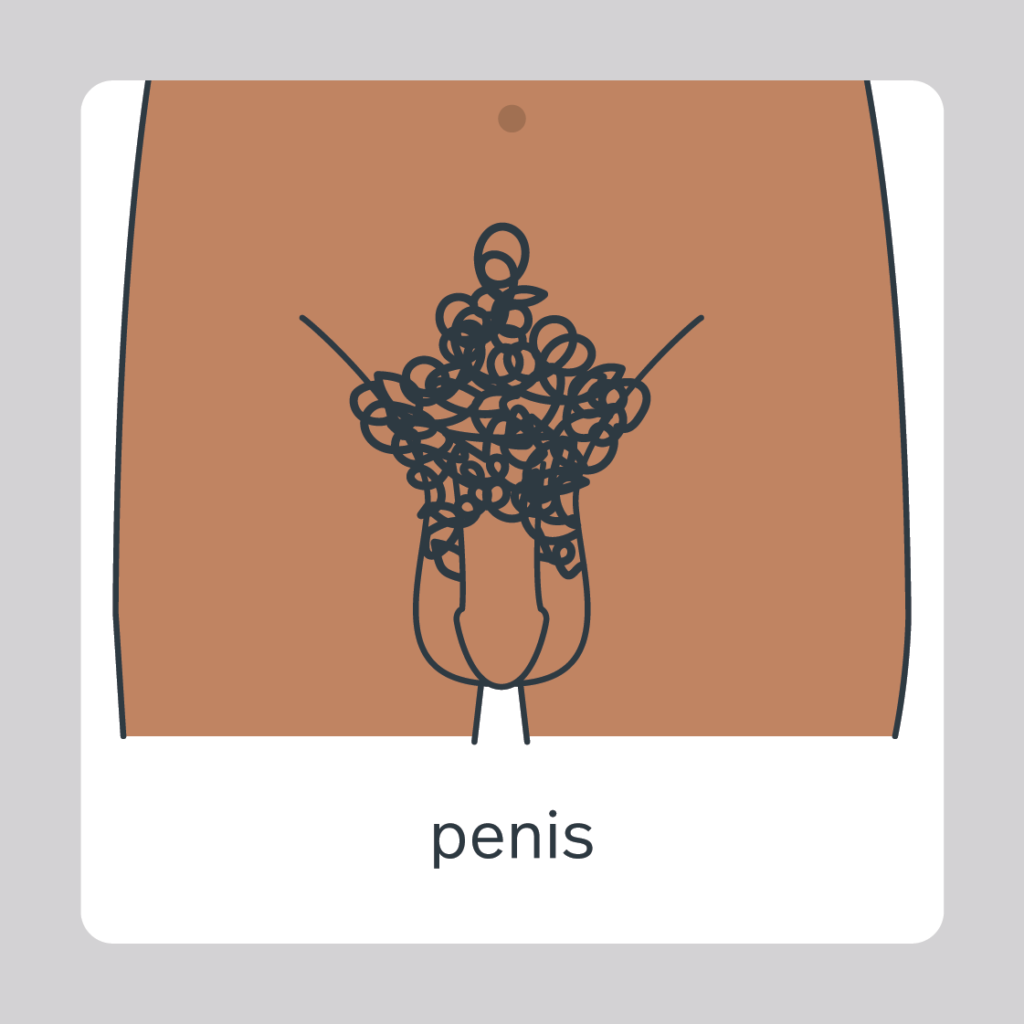

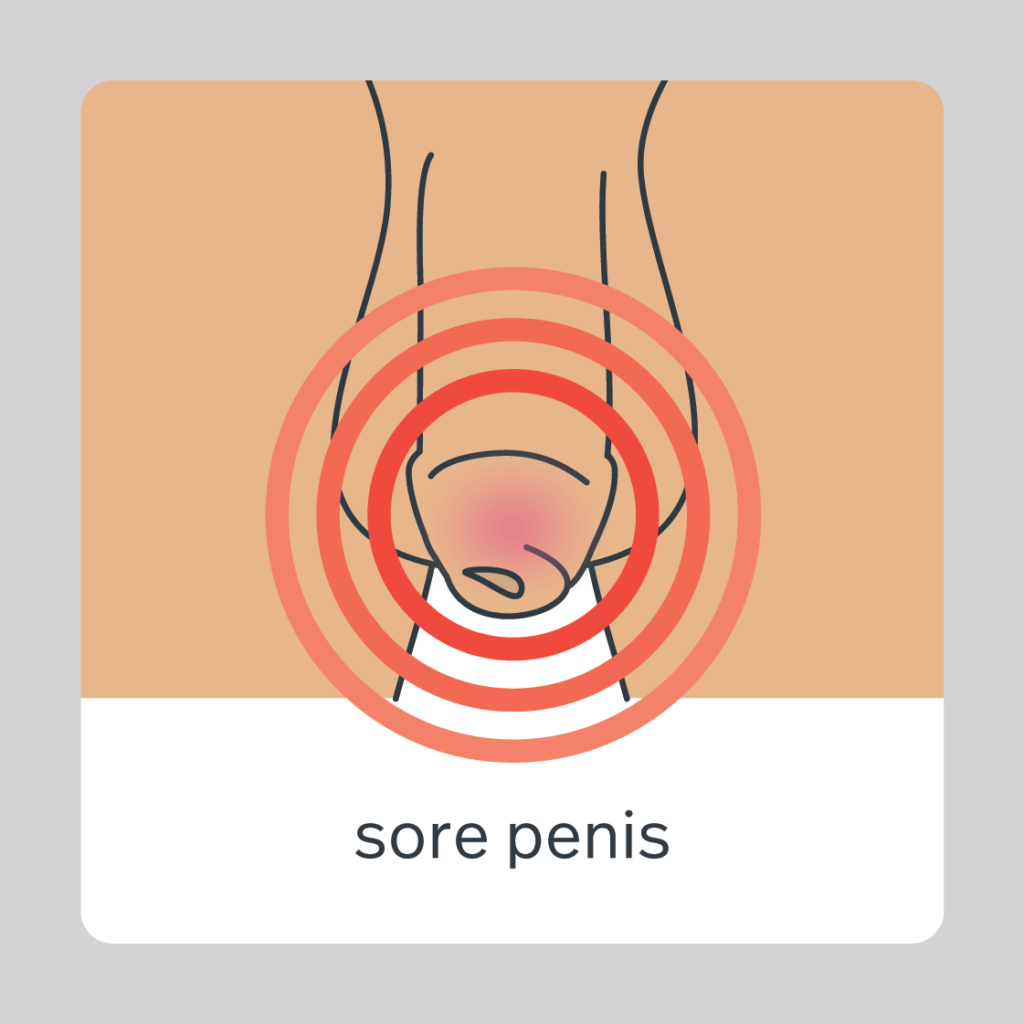

Condoms are the main type of that protect you against STIs. Using condoms correctly every time you have sex will also reduce your chances of getting pregnant.
Make sure a condom is on correctly so you and your partners are safer from infections.
You can practice putting a condom on.
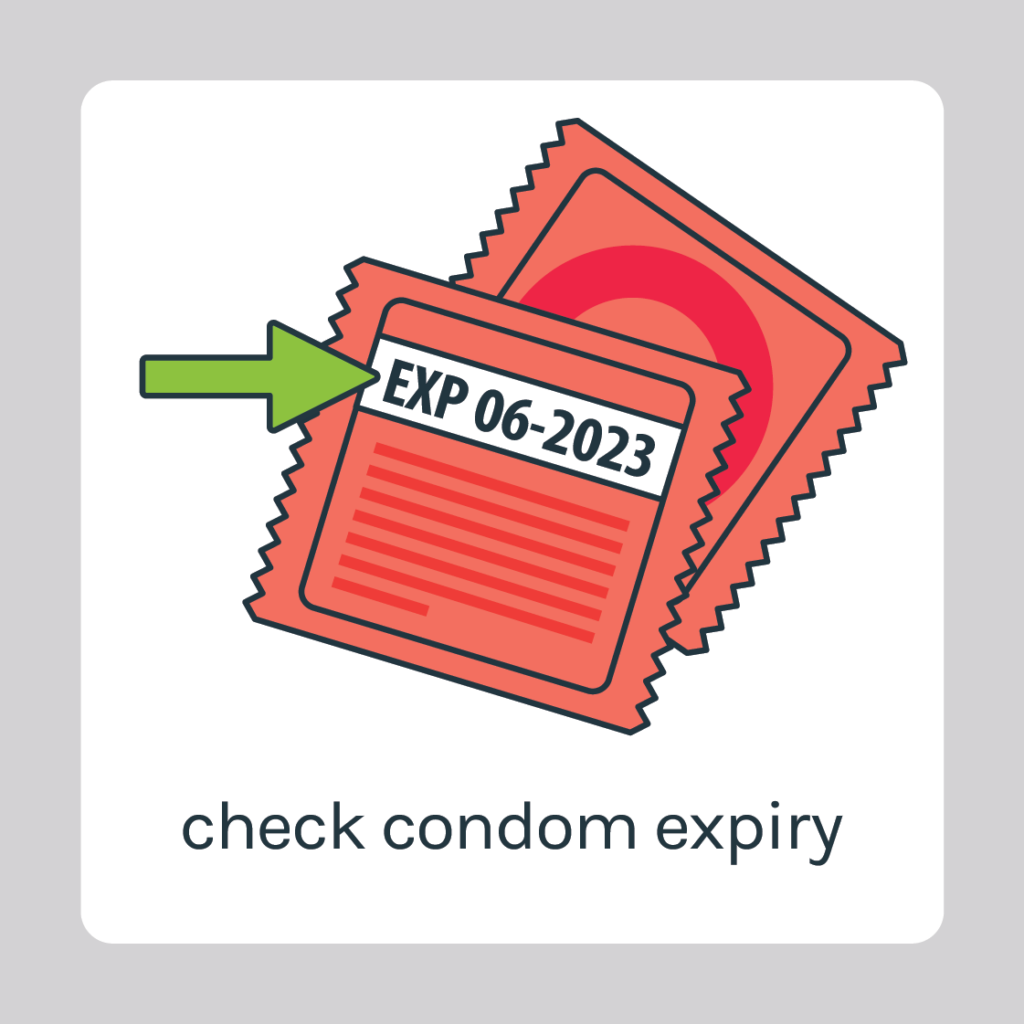
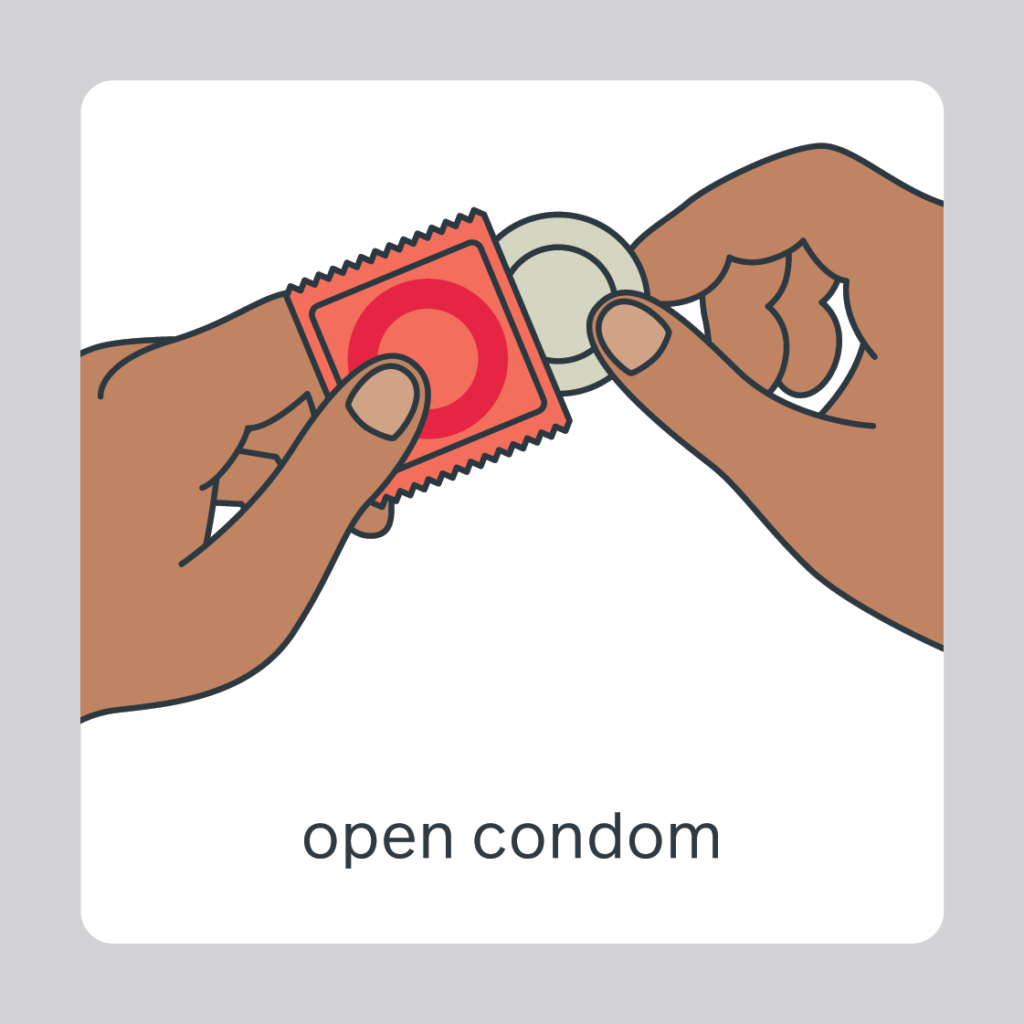
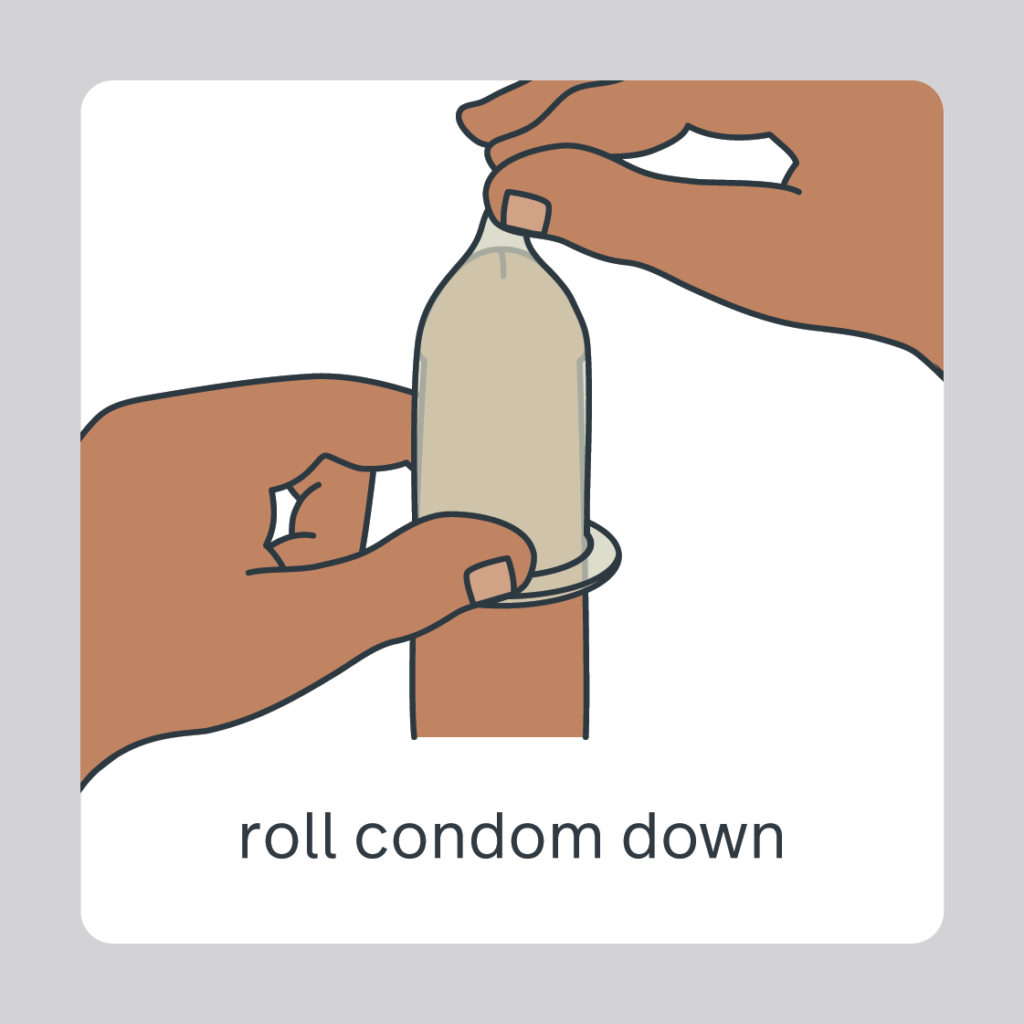
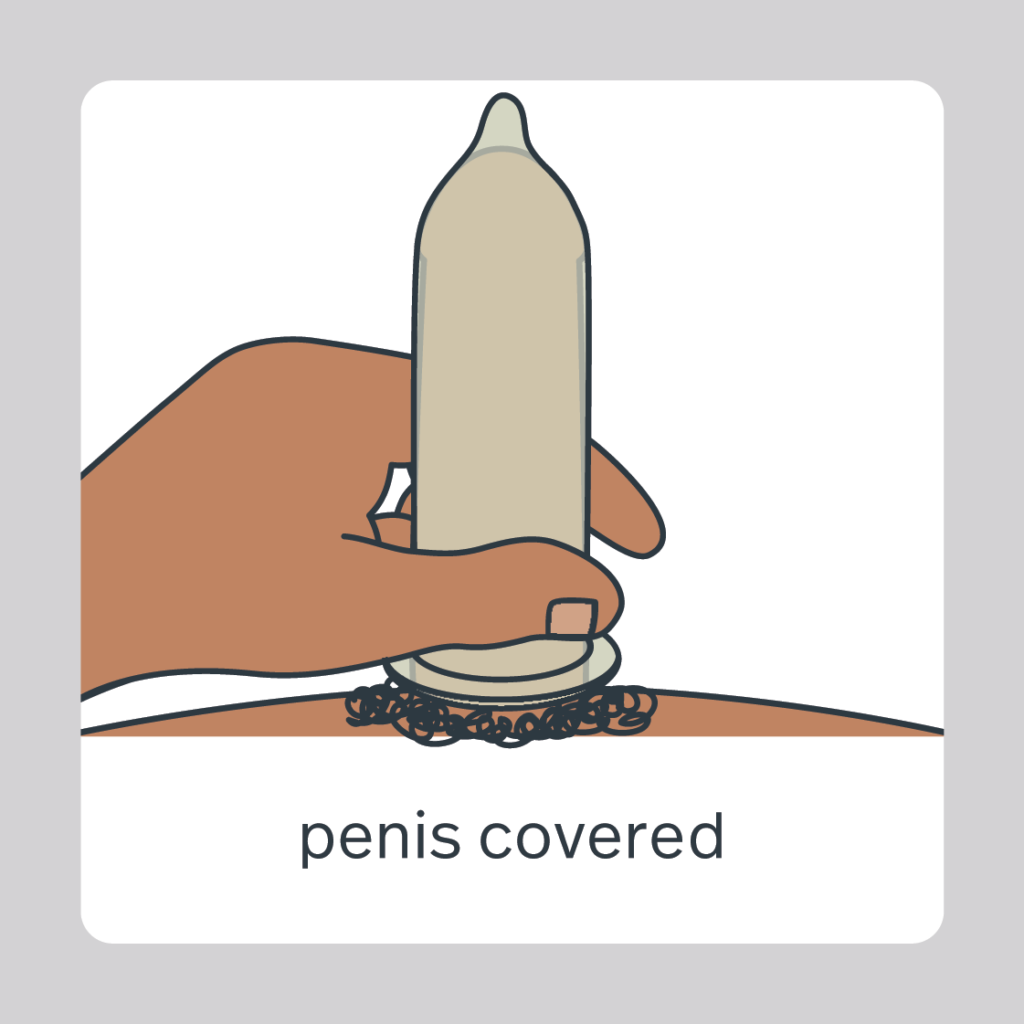
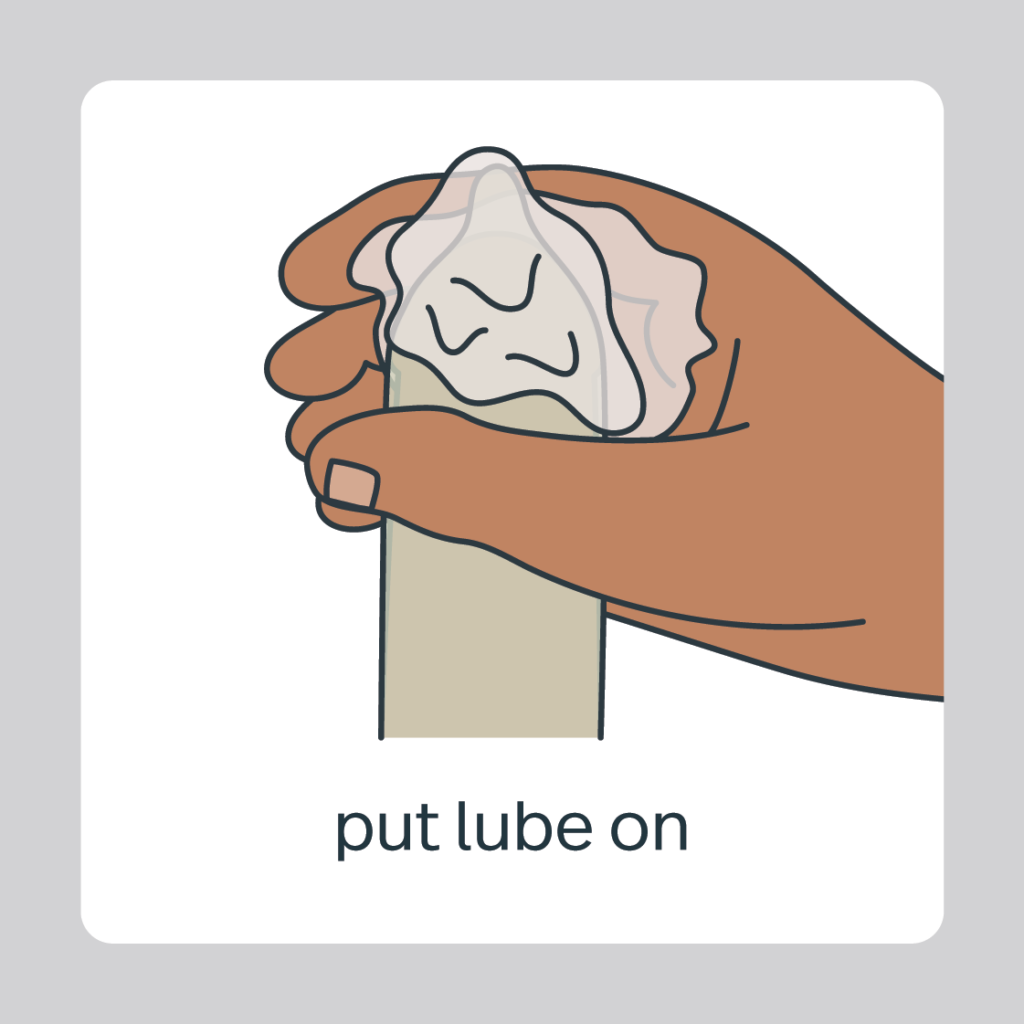
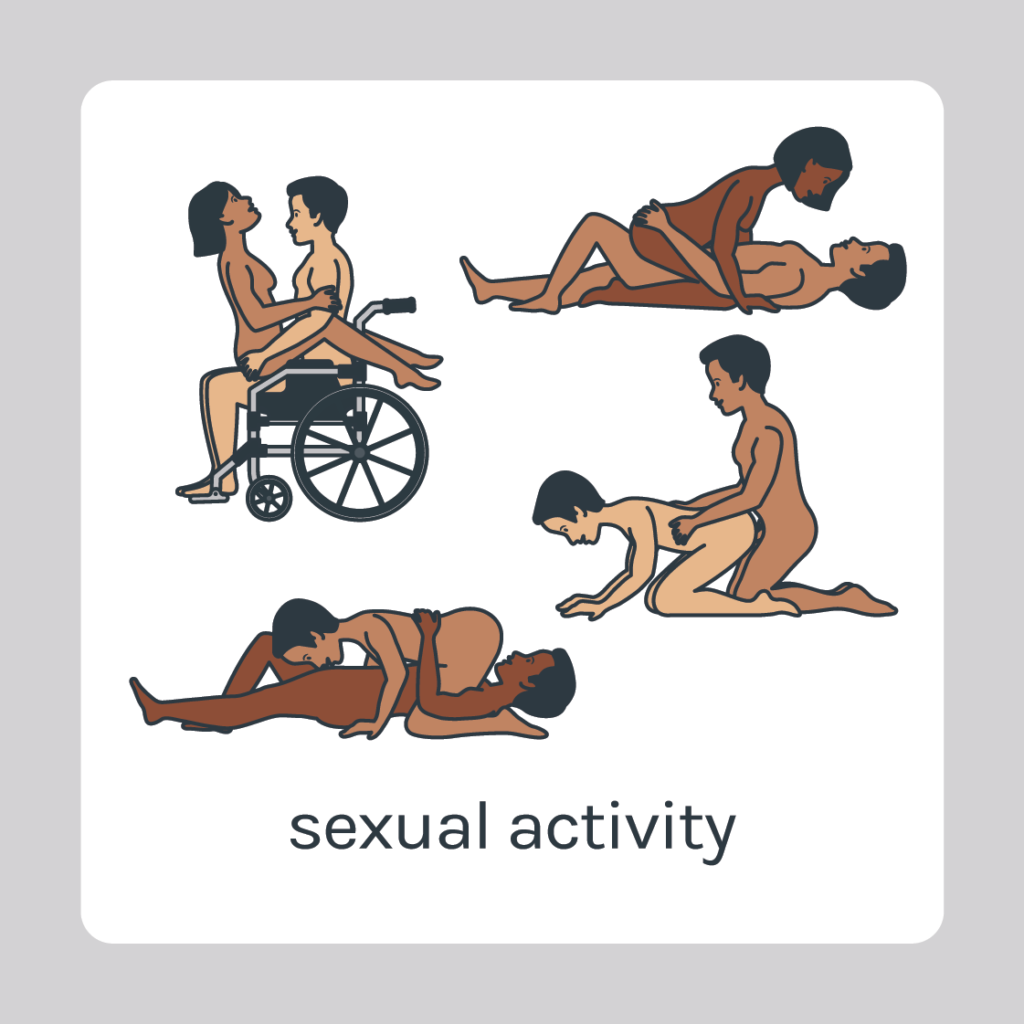
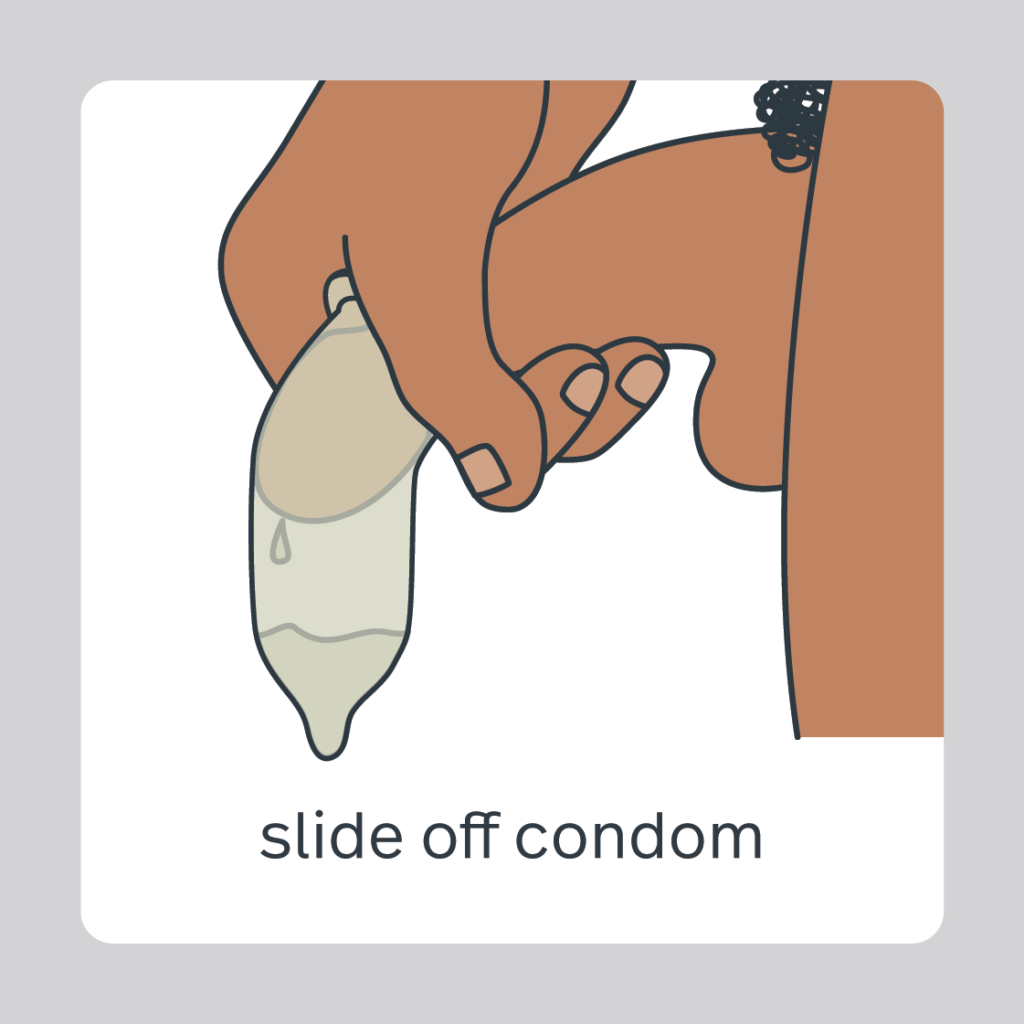
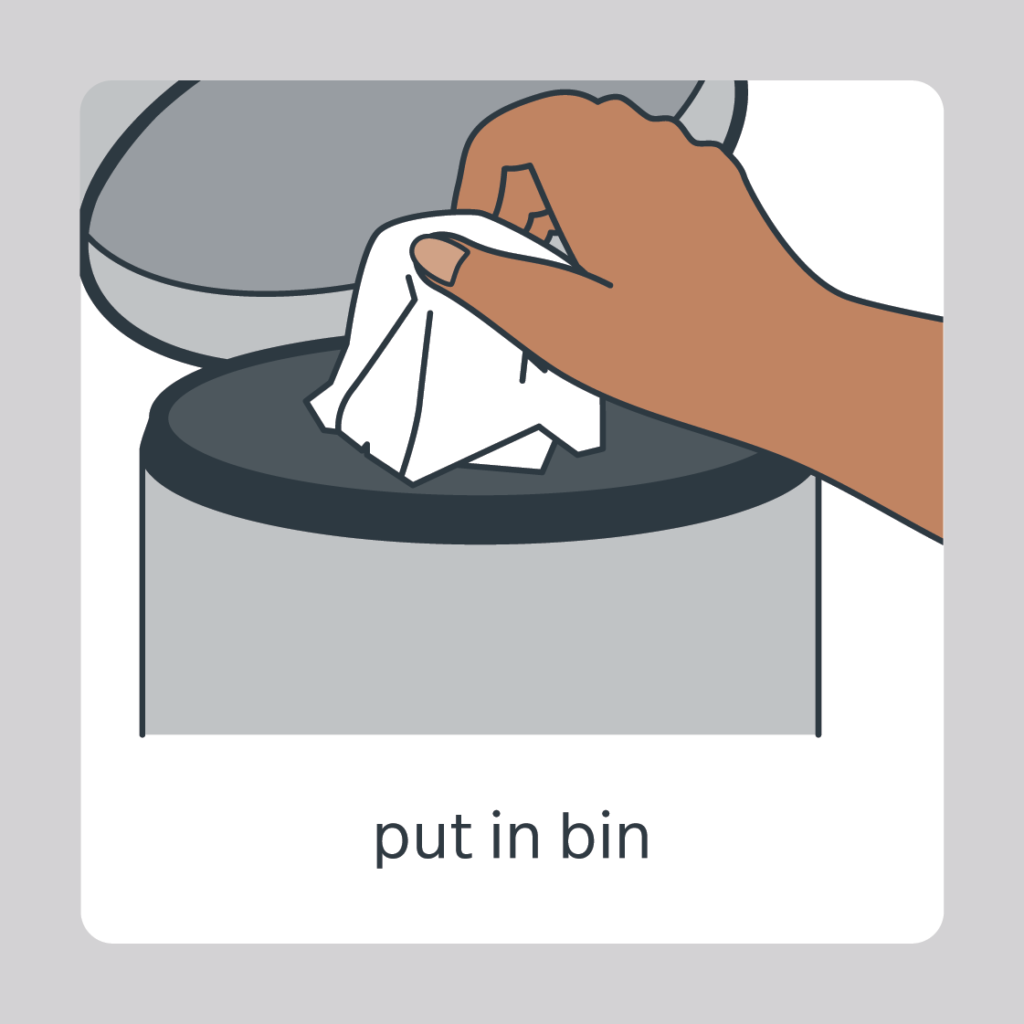

Dams are another form of protection that can help you have safer sex and be protected against STIs. People can use dams for oral sex to an anus or vulva.
The pictures below are types of when you should use a condom or dam.
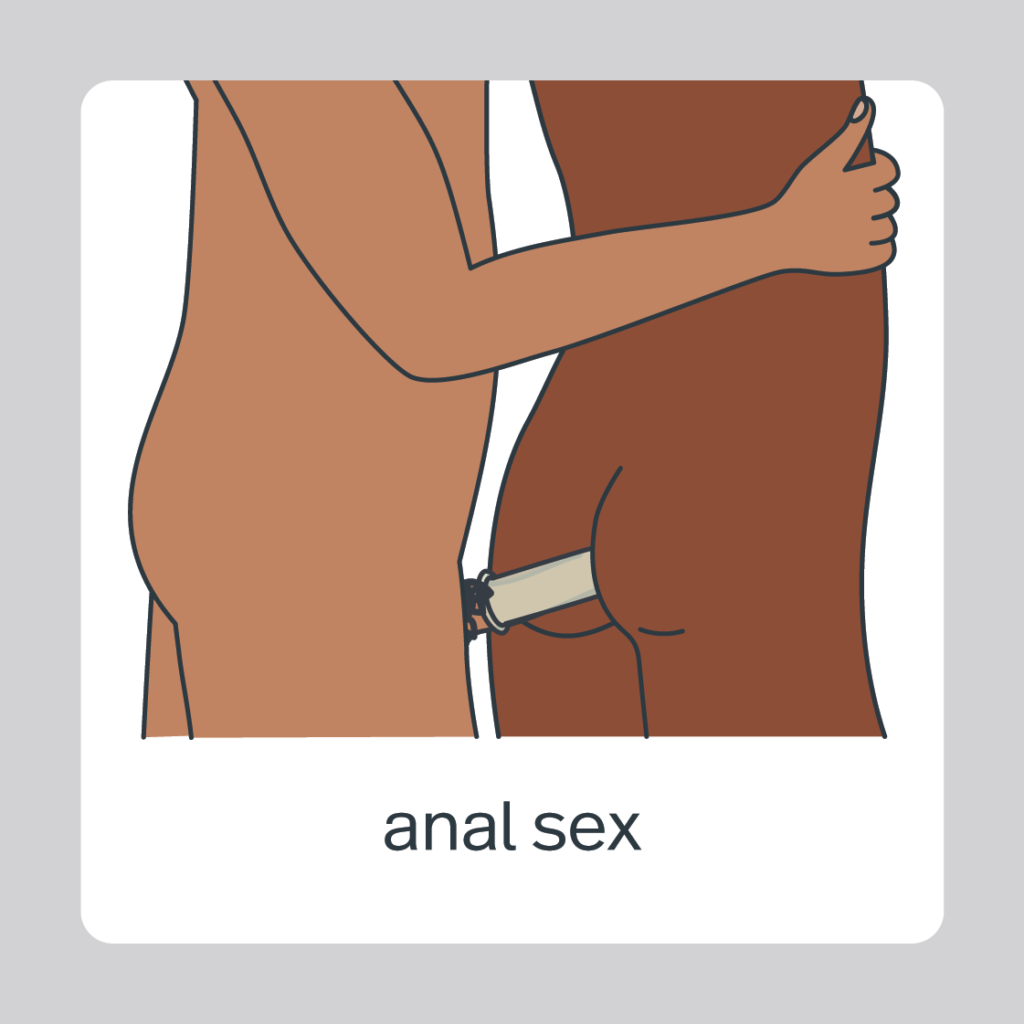

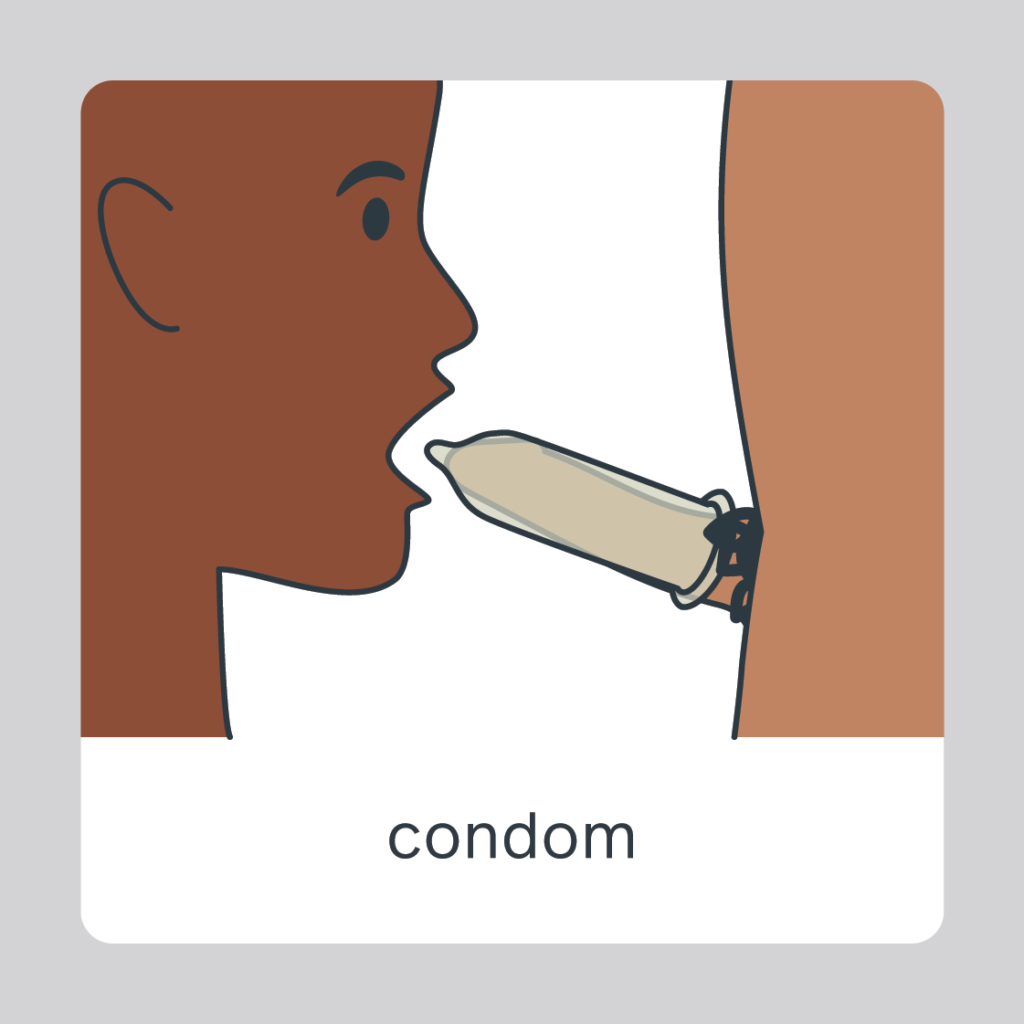

If you or your partner do not have a condom or dam you can say “no” to .
If your partner does not want to use a condom or dam you can say “no” to .
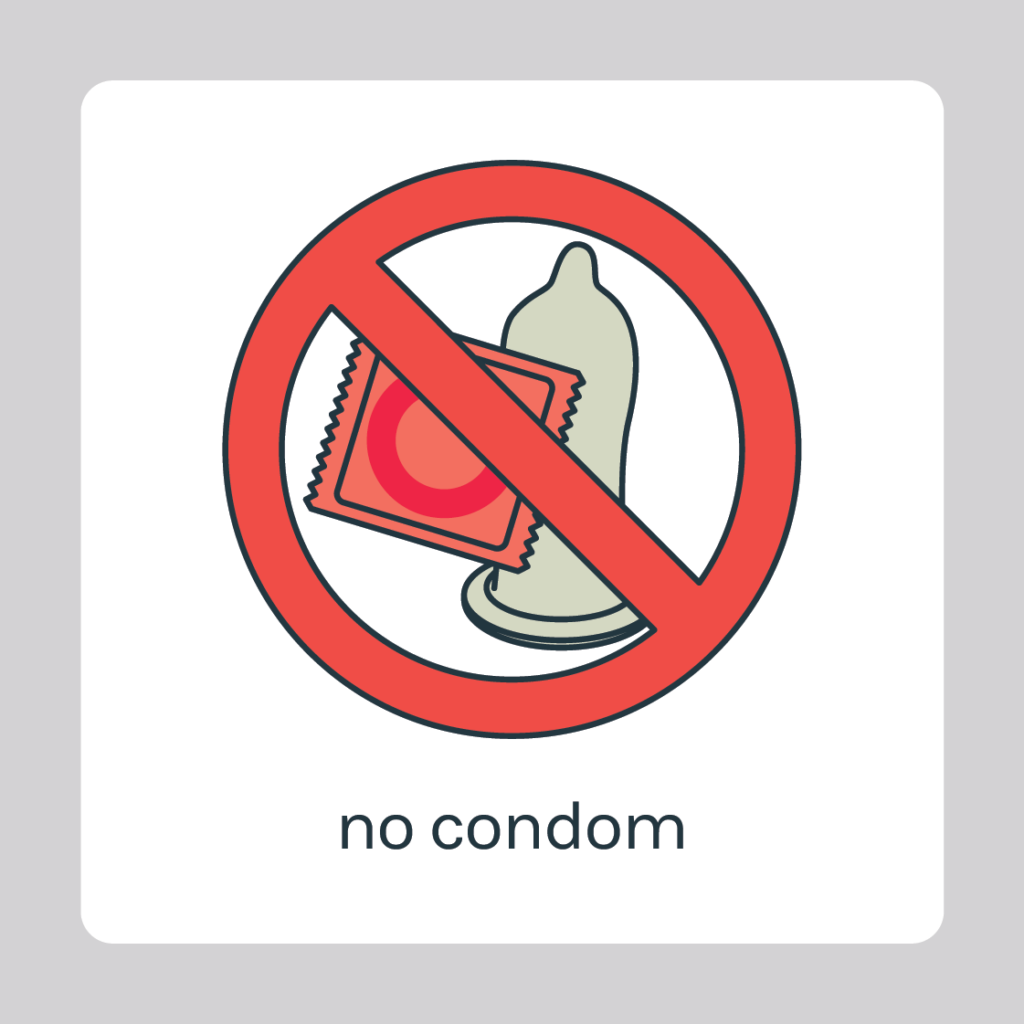

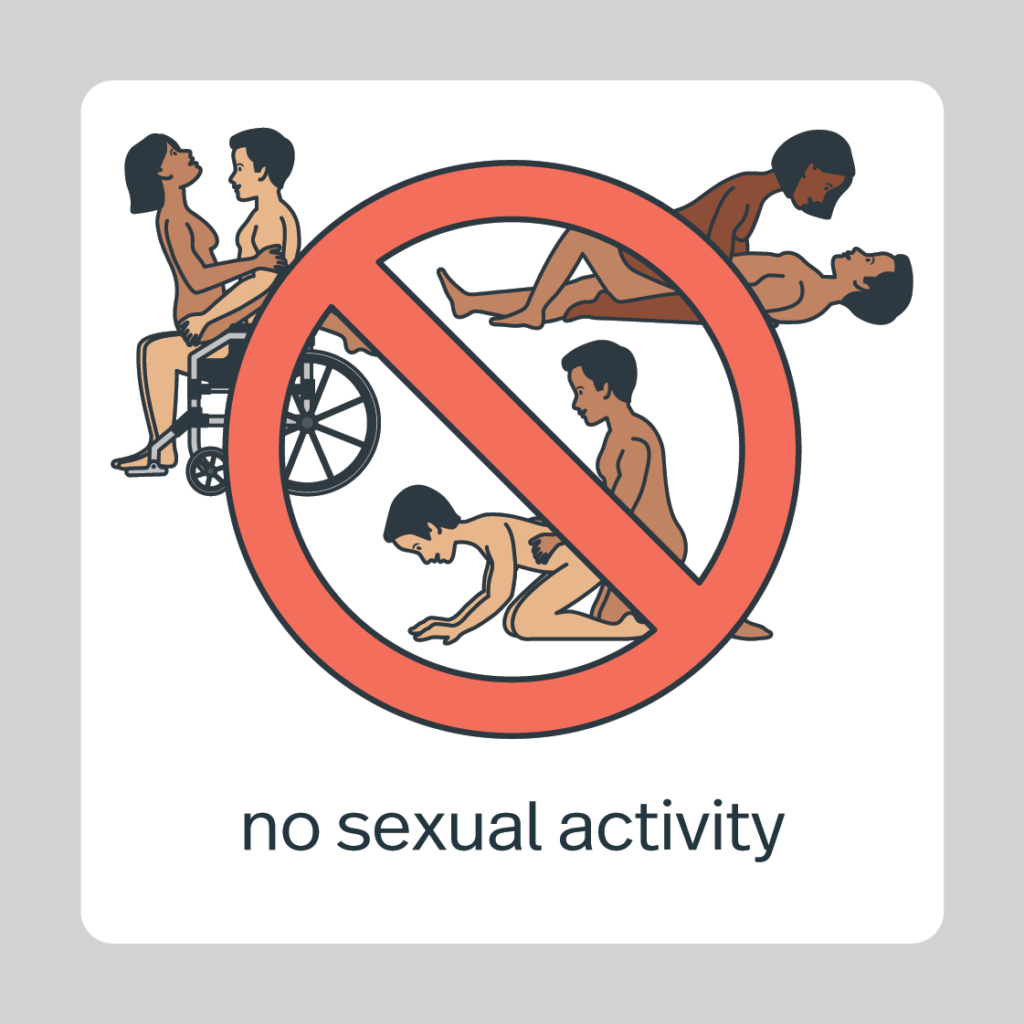

Safer sex and pregnancy
Safer also means you will most likely not get pregnant or make your partner pregnant.
Using condoms correctly every time you have sex will reduce your chances of getting pregnant.
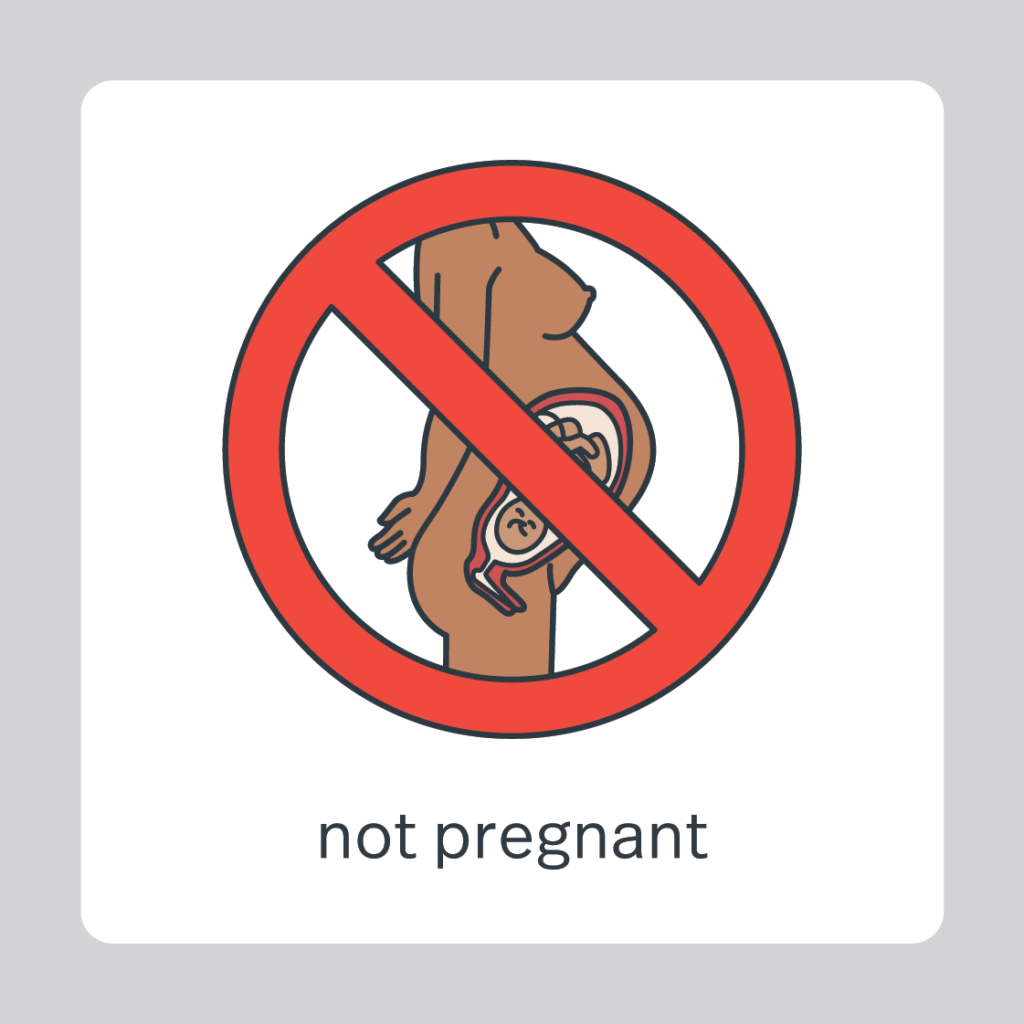
Human Immunodeficiency Virus (HIV)
HIV is a virus that you can get from someone who has the virus in their body.
HIV can be passed from blood, semen, vaginal fluid, breast milk, menstrual blood, rectal fluids, and fluid from the penis. The most common way HIV can be passed on is through sex.
There is no cure for HIV, but there is medication to keep people healthy. People with HIV can live long and healthy lives because of this medication.
If someone with HIV takes their medication correctly they cannot pass on HIV, because Undetectable = Untransmissible.
There are many ways to be protected from getting HIV:
Lorem ipsum dolor sit amet, consectetur adipiscing elit. Ut elit tellus, luctus nec ullamcorper mattis, pulvinar dapibus leo.
- Use condoms and lube for vaginal or anal sex.
- If you do not have HIV, you can use a medicine called PrEP to protect you from getting HIV.
- Take a medication called PEP within 72 hours after sexual activity where you did not use a condom or there was an issue with the condom. This can protect you from getting HIV.
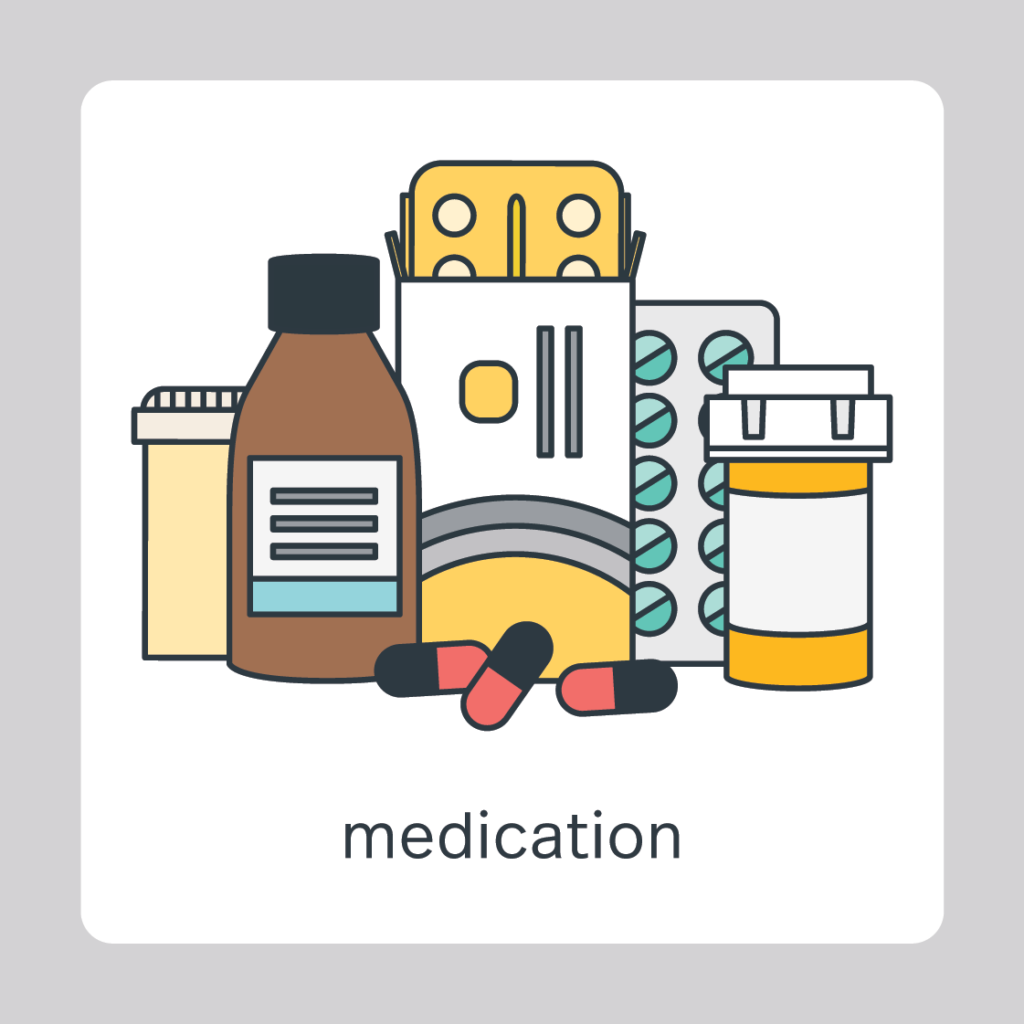




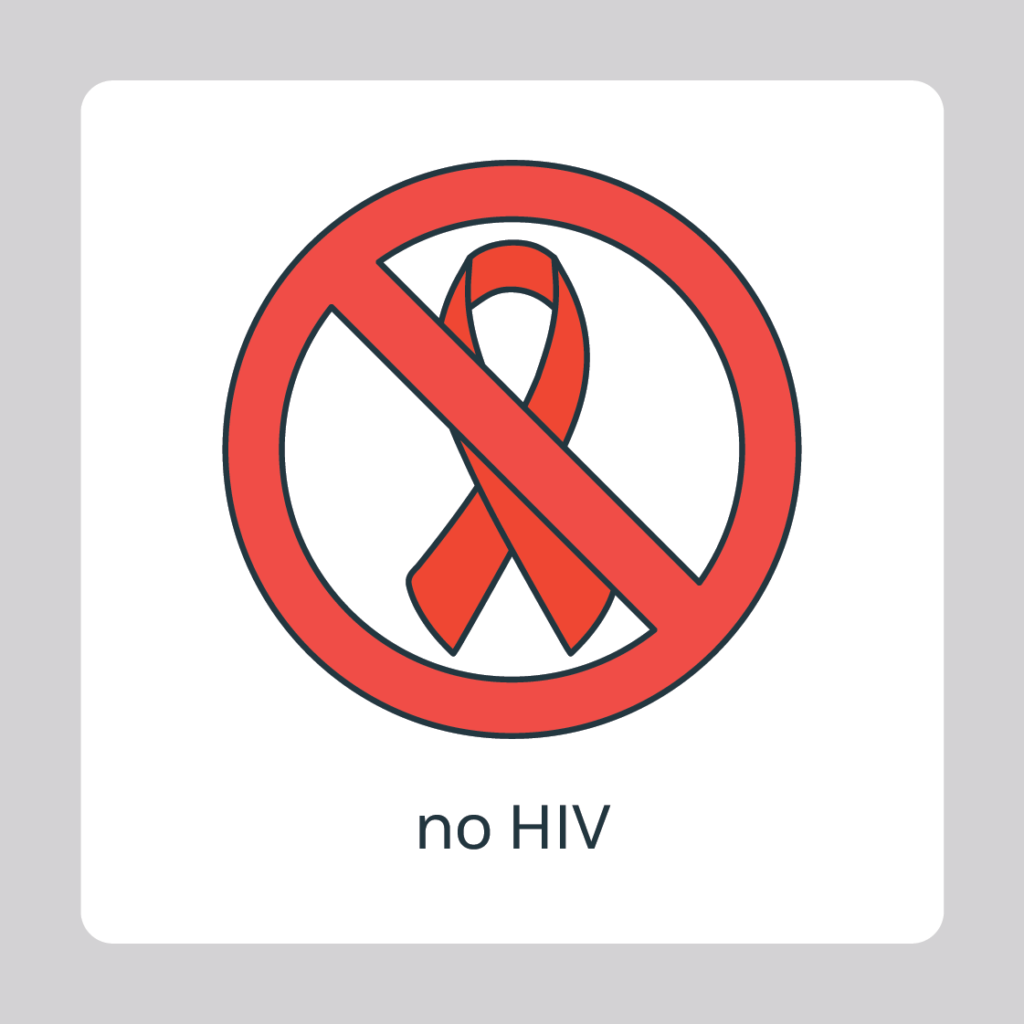

If you think you might have HIV you should talk to a doctor to check. If you are having sex, it is a good idea to get checked regularly for HIV and other STIs.
In some countries the law says you need to tell the person you are having with if you have HIV.
To enter some countries you have to tell them if you have HIV. Make sure you know the rules when you travel outside of Australia.
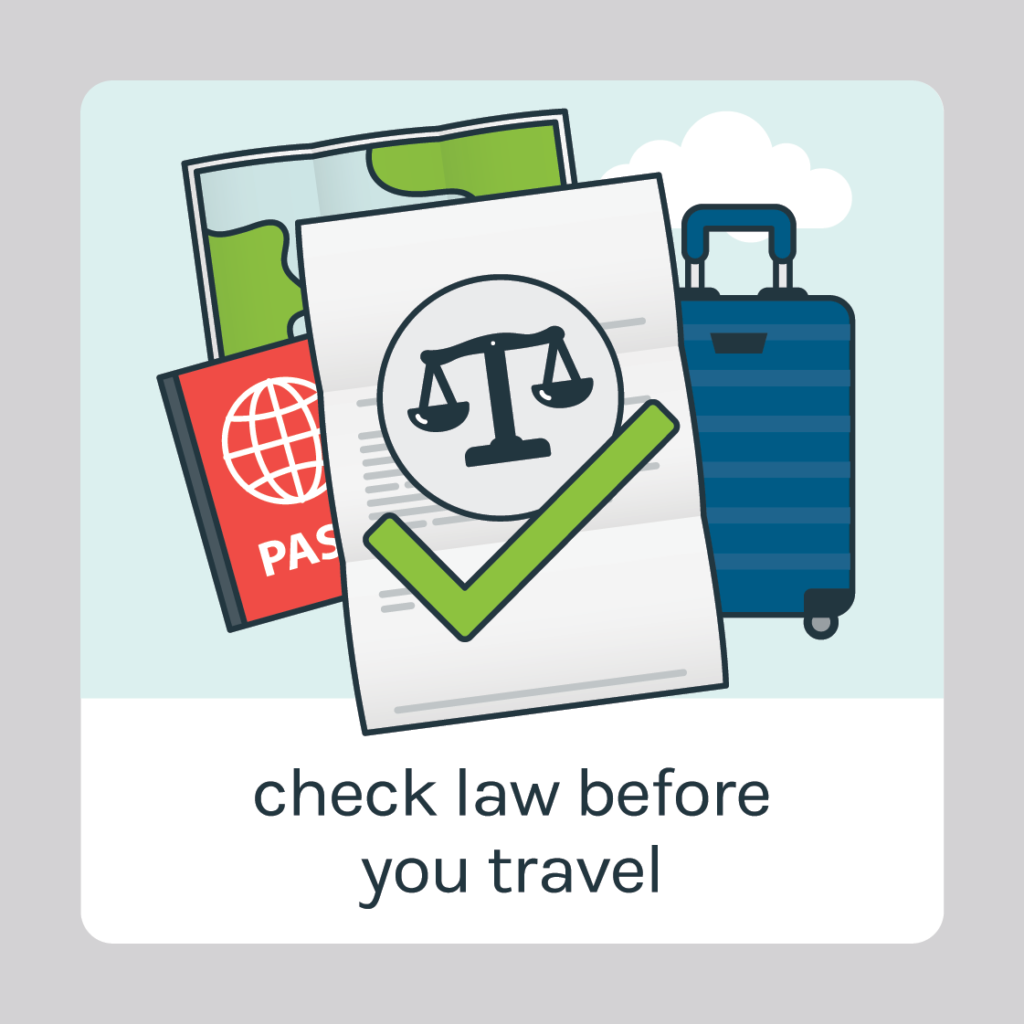
PrEP is a medication that you need to take every day and correctly to protect you from getting HIV.
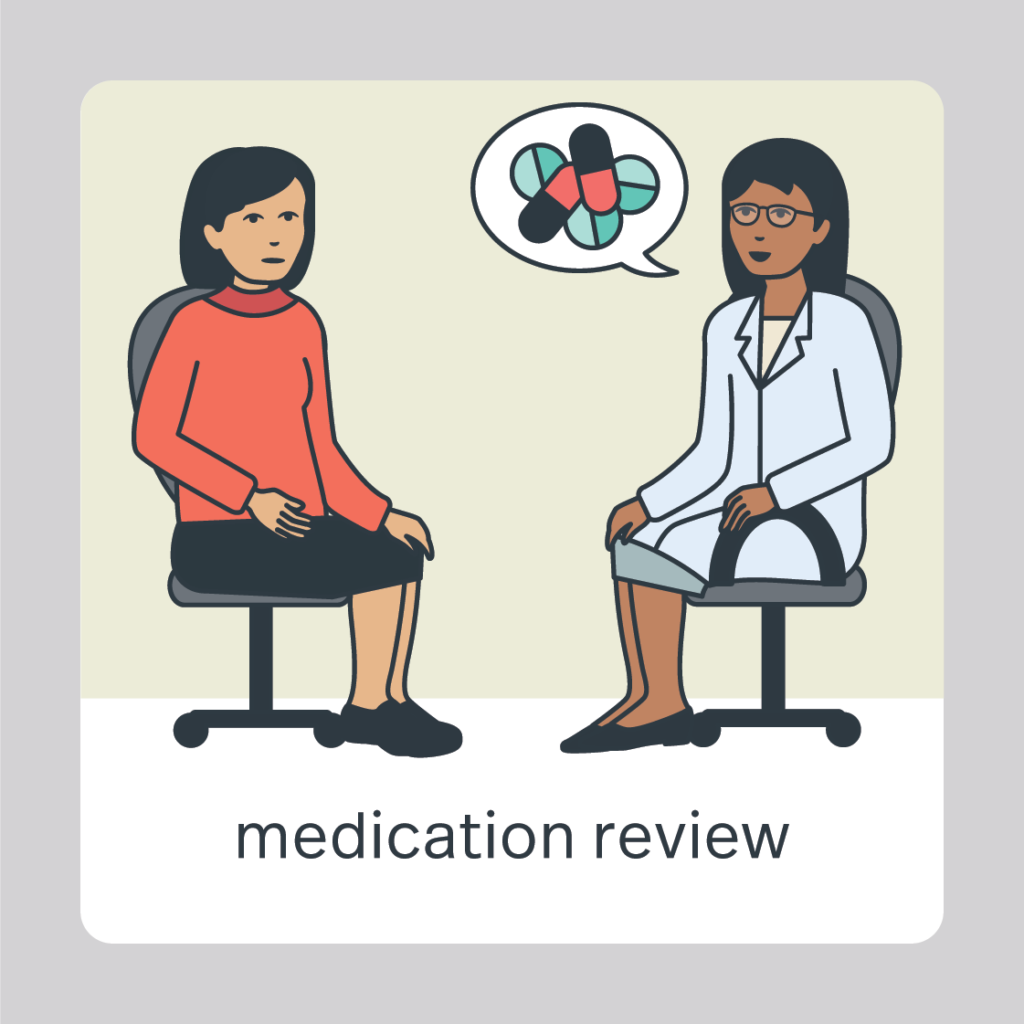

If you have HIV and are pregnant, there are medications that you can take to make sure your baby does not get HIV.

The law says that a person with HIV must be careful not to give it to anyone else.
If they want to have sex, they must do everything they can to protect the other person.
This means using condoms, dams, or one of you using the special HIV medication.
Previous section
Next section
Other sections in Sexual Health
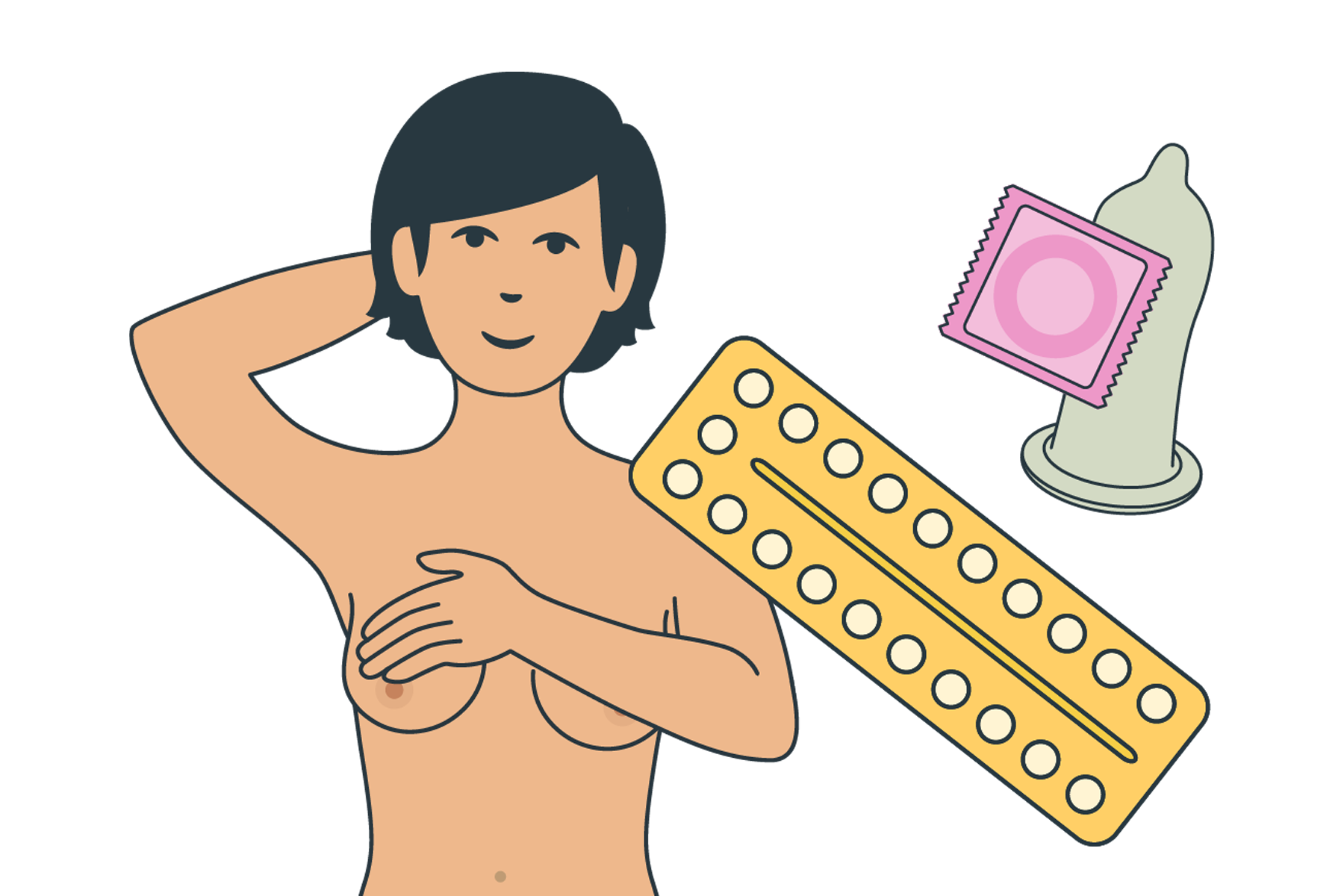
Sexual activity can include lots of different things.
It can mean any kind of sexual touch including hand jobs, fingering, oral sex, anal sex, vaginal sex, genital to genital contact, using sex toys with partners, sexual intercourse and other things too. Sex is with another person or persons. Sex needs to be consensual, meaning you both want to do it. You can stop having sex at any time. Sex should feel good for both partners.
Consent is a form of agreement. We consent for lots of things like sharing our belongings or deciding with a friend or support worker what you want to do in the day.
When we talk about sex and consent, we mean both people have to agree to want to have sex. No one should ever force, trick, or guilt you into sex or sexual activities. If they do, it is against the law.
Contraception is a method or medicine that is used to stop a person with a uterus becoming pregnant. There are lots of types of contraception and it is important to find the one or ones that work for you. There are barrier methods such such as condoms or dams which are used during sex or sexual activity. There are hormonal methods such as an implant, an injection, an intrauterine device or pills which are used regularly and before sex. Or there is an emergency contraceptive pill which can be used after sex. To find out more about contraception options, go to your doctor or sexual health organisation.

